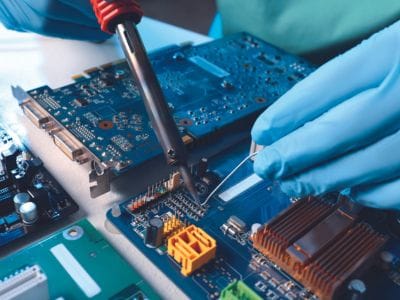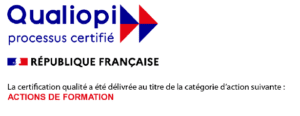
Understand the weakness of passive, discrete and active components through their main failure mechanisms. Concrete cases of failure and some techniques of revelation are presented.
Basic knowledge of general electronics.
Quality or technical manager, field feedback engineer/SAV.
Electronic component/board reliability engineer.
Projection and printed copies of Powerpoint presentations, practical case studies, exercises, situational examples, theoretical examples, video materials, etc.
Evaluation at the beginning and end of the course, quiz…
5 working days before the start of the course (if OPCO funding).
A training certificate complying with the provisions of Article L. 6353-1 paragraph 2 is issued to the trainee.
2024 :
Satisfaction rate: 93%
Number of sessions: 5
Number of trainees: 36

I subscribe to the training newsletter
Sign up for
our newsletter
© 2024 SERMA GROUP – Terms and Conditions – Data protection policy
Download the SERMA training catalog
Télécharger le catalogue de formation SERMA